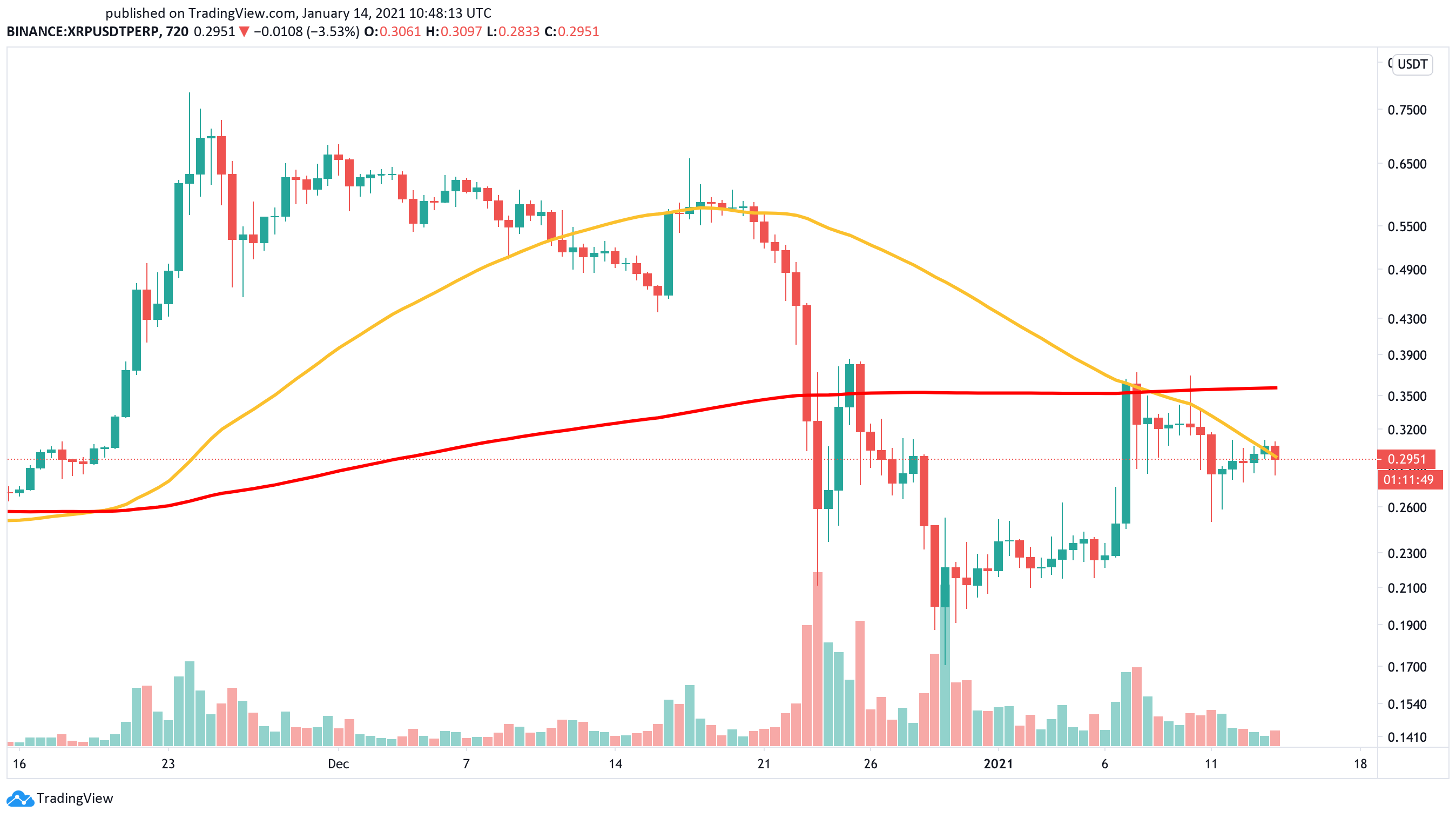
Ripple Hits Another Snag as Grayscale Liquidates XRP Trust
The uncertainty surrounding Ripple rises to a boiling point after another prominent market participant dissolves its institutional XRP fund.
The debacle around XRP’s legal status continues to unfold, with Grayscale liquidating its respective Trust product. This and other negative headlines have severely impacted the altcoin’s price.
Grayscale Dissolves XRP Trust
Ripple made headlines after the U.S. Securities and Exchange Commission (SEC) filed a class action against it, claiming that it raised over $1.3 billion through an unregistered and ongoing digital asset securities offering.
Following the announcement, some of the most prominent cryptocurrency exchanges in the industry suspended XRP trading activity.
According to Grayscale Investments, the move directly affected this cryptocurrency’s liquidity, making it increasingly difficult for U.S. investors to convert it into cash.
As a result, the digital currency asset management firm dissolved its XRP Trust.
“In connection with the dissolution, the Sponsor has liquidated the Trust’s XRP and intends to distribute the net cash proceeds to Trust shareholders, after deducting expenses and providing appropriate reserves and subject to any applicable withholding. The Trust will terminate following distribution of the net cash proceeds,” said Grayscale.
While the SEC’s charges continue to have a ripple effect across the cryptocurrency market, not everyone agrees that XRP should be considered a security.
For instance, Japan’s Financial Services Agency (FSA) affirmed that this altcoin does not meet the definition of a security under the nation’s law. Instead, it regards XRP “as a cryptocurrency based on definitions of the Payment Services Act.”
Along the same lines, the U.K. Treasury classified this cryptocurrency as an exchange token, a sub-category of unregulated digital assets. This type of coin is neither an e-money token nor a security token and does not have characteristics that resemble security assets or other similar investments.
Prices Continue to Tumble
Given the legal uncertainty that surrounds XRP, its market value has done nothing but drop. This altcoin’s price crashed over 62% in the past two months to hit a low of $0.17 on Dec. 29.
The downward price action saw the formation of a death cross between the 50- and 200-day moving averages on the 12-hour chart. This technical pattern indicates the potential for another major sell-off that could push XRP’s market value to revisit the $0.20 level.

Although the recent rejection from the 50-day moving average adds credence to the pessimistic outlook, Ripple’s support from several nations around the world could jeopardize the downtrend.
If XRP can regain the 200-day moving average as support, its price will likely shoot up by more than 50% towards the $0.55 resistance barrier.
Disclosure: At the time of writing, this author owned Bitcoin and Ethereum.
